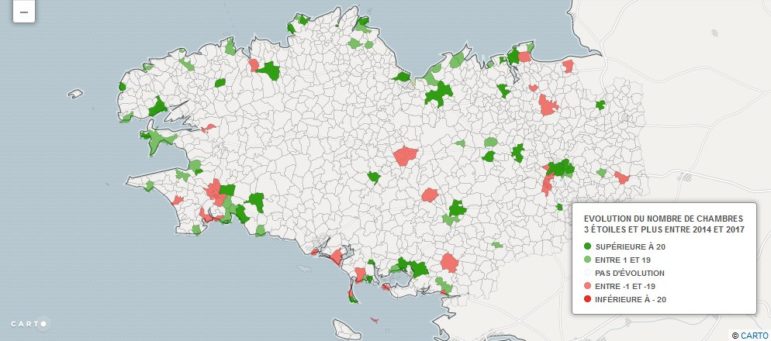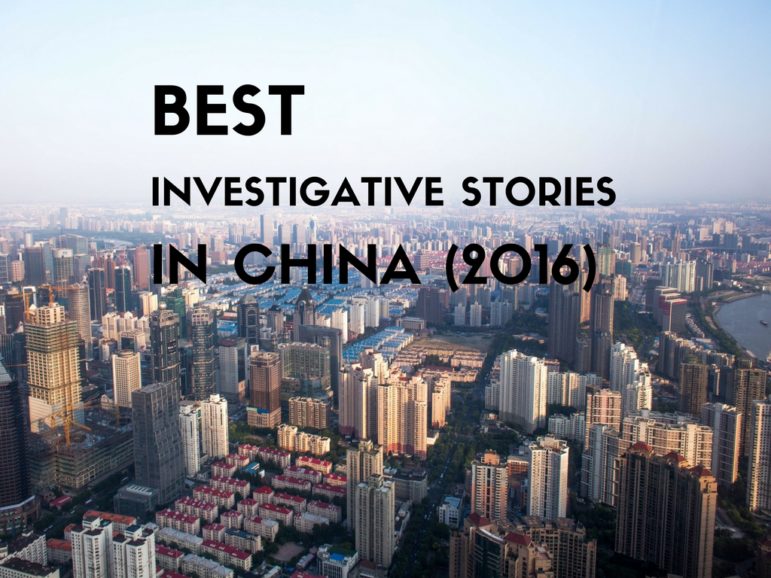
Meet the Chinese Journalist Taking on Public Records Obstacles
Reporter Feng Xin tells GIJN about the challenges Chinese journalists face with open records, and about her ongoing John S Knight Journalism Fellowship research to find some answers.

Reporter Feng Xin tells GIJN about the challenges Chinese journalists face with open records, and about her ongoing John S Knight Journalism Fellowship research to find some answers.

Want to track what Chinese businesses — big or small — are up to in Africa, Europe and Southeast Asia? These tips from reporters from The New York Times, The Guardian and The South China Morning Post will help.

As the Chinese Communist Party tightens its grip on the news media, investigative journalism has suffered a heavy toll, disappearing from China’s newsrooms. But the recent outpouring of #MeToo reporting in China has signaled the emergence of a new genre of investigative journalism. One that is marked by a wave of user-generated content, with professional journalists serving as aggregators and fact-checkers, in addition to performing traditional reporting tasks such as deep reporting and writing.

The #MeToo wave has emboldened Chinese journalists to start covering rampant sexual abuse. GIJN China has rounded up three incidents out of Chinese universities which are on the frontlines of #MeToo reporting in China.

Press self-censorship in Hong Kong has been deteriorating as businessmen behind media organisations increasingly use the press as their business tool rather than for public service. After seeing the public’s disillusionment and distrust of the media grow, investigative journalist Don Ng decided to kickstart FactWire, a back-to-basics news service that focuses on long-term investigations.

Here are top data journalism tweets for Apr 17-23, per our NodeXL mapping: French voting (@lamontagne_fr); music festival gender (@pitchfork); mapping US homeless (@FastCompany); Scottish fact checking (@FerretScot); Spanish voting (@Politibot). tilegrams (@bhaskar_vk); & more.

Here are top data journalism tweets for Apr 10-16, per our NodeXL mapping: Brittany’s posh hotels (@dataspotTLG); Flourish #dataviz tool (@FastCoDesign); US health insurance (@NPR); hexagonal Europe (@MusMekh); visual vocabulary (@ftdata); data internships (@ONS); China’s rising water (@kimmelman); & more.

Open data can bring much value to China, especially with regard to government efficiency and effectiveness, data-informed decision-making, and increasing the public’s trust through greater engagement. Although there have been improvements in the quality and availability of government open data in China, data expert Yolanda Ma states that there are still many more challenges to overcome.

Despite growing state controls and censorship, Chinese journalists are still finding ways to publish groundbreaking investigative reports about issues that matter to the Chinese people. In this piece, GIJN China has selected nine enterprising stories that showcase the best of Chinese muckraking last year.

The paper trail has changed — money now moves digitally and business registries are databases — and this lets journalists do more than ever before in tracking people and companies across borders. Here’s a useful list of which business databases to start looking into if you’re background companies in China, India, and the Philippines.